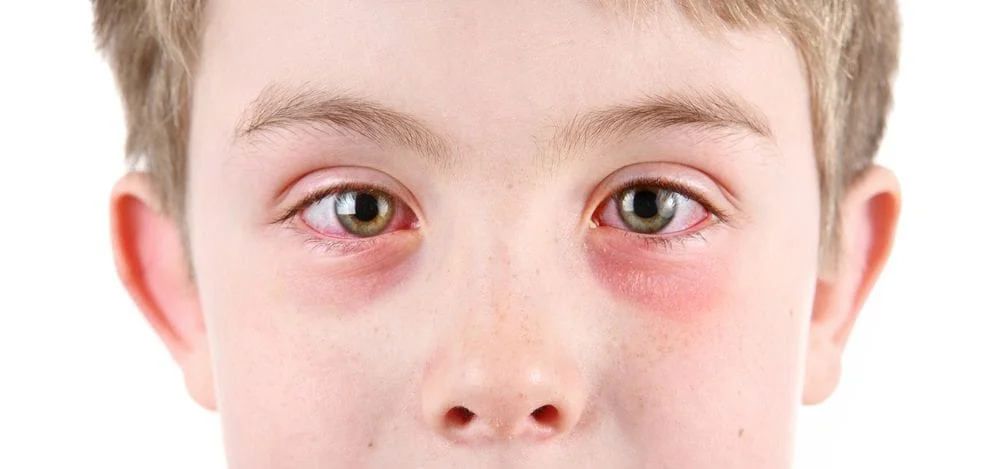Blepharitis is a common, non-contagious eye condition that develops due to inflammation in the oil glands in your eyelids. Most people develop Blepharitis in one eye, however, it can also affect both eyes. Clogging, redness, and irritation in the base of the eyelashes can trigger Blepharitis. Also, if you have chronic dry eye, this can cause Blepharitis, and can be uncomfortable and challenging to treat. When you visit us at Andrew Stone Optometry Center in Columbia MO, our optometrist can examine your eyes and provide you with treatment for Blepharitis. In the meantime, learn more about the condition below!
Types of Blepharitis
There are two variations of Blepharitis, including the following:
Anterior Blepharitis
Anterior Blepharitis occurs when the inflammation is located on the front part of your lid where your eyelashes grow. The symptoms of anterior Blepharitis are typically don’t damage your eyesight, but your eyes may become swollen and flaking or dandruff can develop in your lashes.
Posterior Blepharitis
Posterior Blepharitis is a severe case of the condition and causes swelling on or underneath the eyelid. The meibomian gland is most affected and produces excess amounts of unhealthy, thick oils.
Causes of Blepharitis
Some factors that can cause Blepharitis include the following:
- Allergies: Some people develop adverse reactions to allergens in contact lens solutions, makeup, or eye drops, which can cause irritation resulting in Blepharitis
- Dry eyes: Tears are vital in keeping your eyes moist and protecting them from becoming irritated by dust. When your eyes are not producing enough tears, your eyes become dry and increase the chances of Blepharitis and other eye complications
- Acne: Rosacea Acne can inflame the skin and eyelids, which could lead to one developing Blepharitis
- Lice or mites: Poor hygiene causes lice or mites to multiply within the eyelash follicles at the base of the eyelid. These parasites also create blockages and irritation that could cause Blepharitis
- Dandruff: Flaking and dandruff can develop in your eyelashes, which can cause eye and eyelid irritation and result in Blepharitis
Symptoms of Blepharitis
Why eyelid swelling is easy to spot when you have Blepharitis, you may have other symptoms, such as the following:
- Excessive blinking and watery eyes
- Greasy or swollen eyelids
- Dry eyes
- Blurred vision and light sensitivity
- Flakes or dandruff collecting on the corners of the eyes
- Itchy, red, burning eyes and eyelids
- Eyelash loss
When to See an Optometrist
If you have any symptoms of Blepharitis, our optometrist can help with treatment. We will conduct an eye exam and develop a treatment plan to help with alleviating discomfort.
Our eye doctors provide various treatments for the condition, including the following:
- Prescribing immuno-modulators: These are drugs that suppress the immune system, which reduces inflammation in the eyelids
- Prescribing antibiotics: This is the most common form of treatment for Blepharitis and is efficient in killing and clearing the bacteria causing irritation
- Prescribing anti-inflammatory drugs: These come in the form of steroids, eye cream, or eye drops and help treat severe cases of Blepharitis
Contact us for Treatment Today
If you are experiencing symptoms of Blepharitis, our team at Andrew Stone Optometry Center in Columbia, MO, would be happy to help. To learn about the treatments that we provide or to schedule your appointment, call us at (573) 445-7750. We look forward to helping you find relief!



